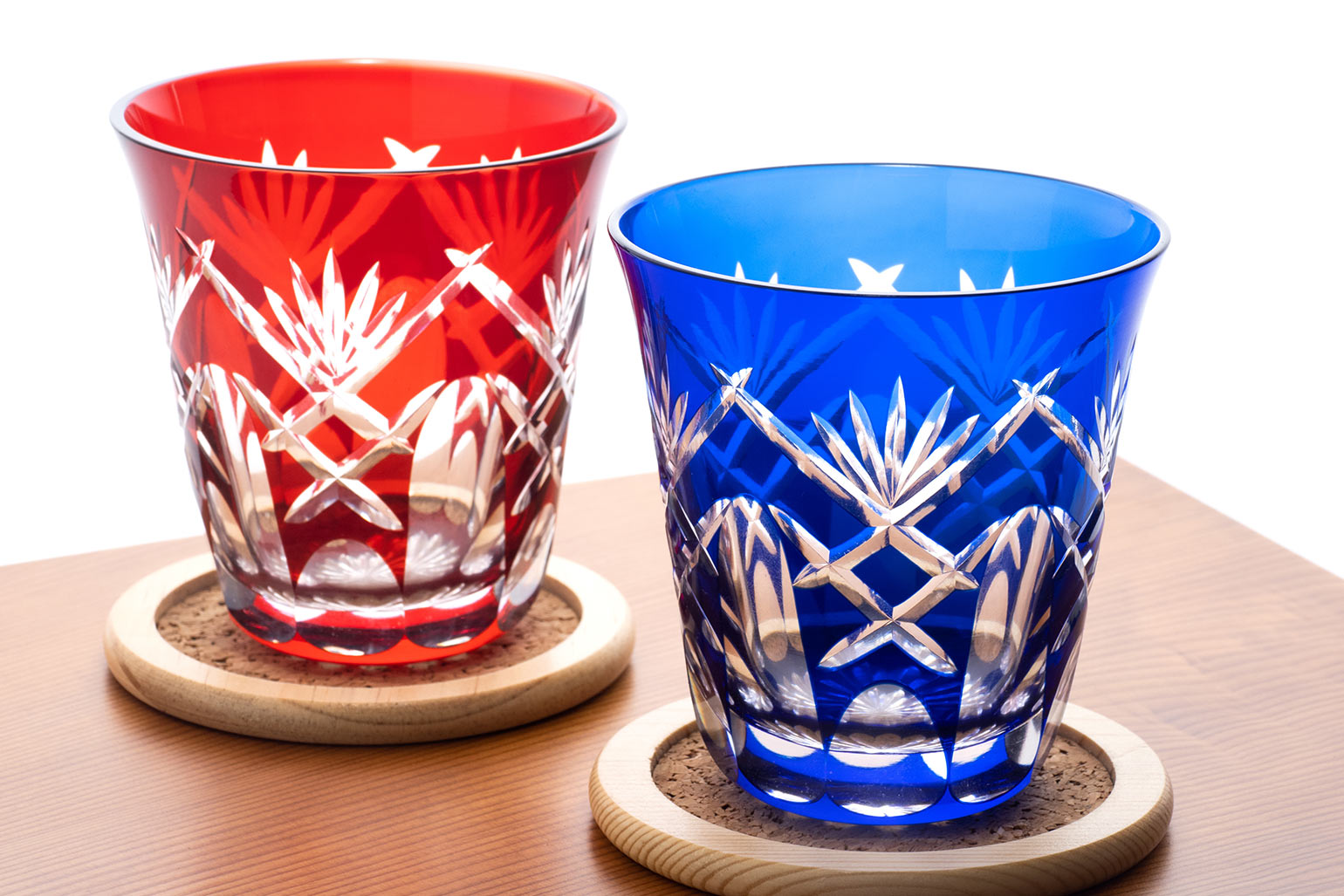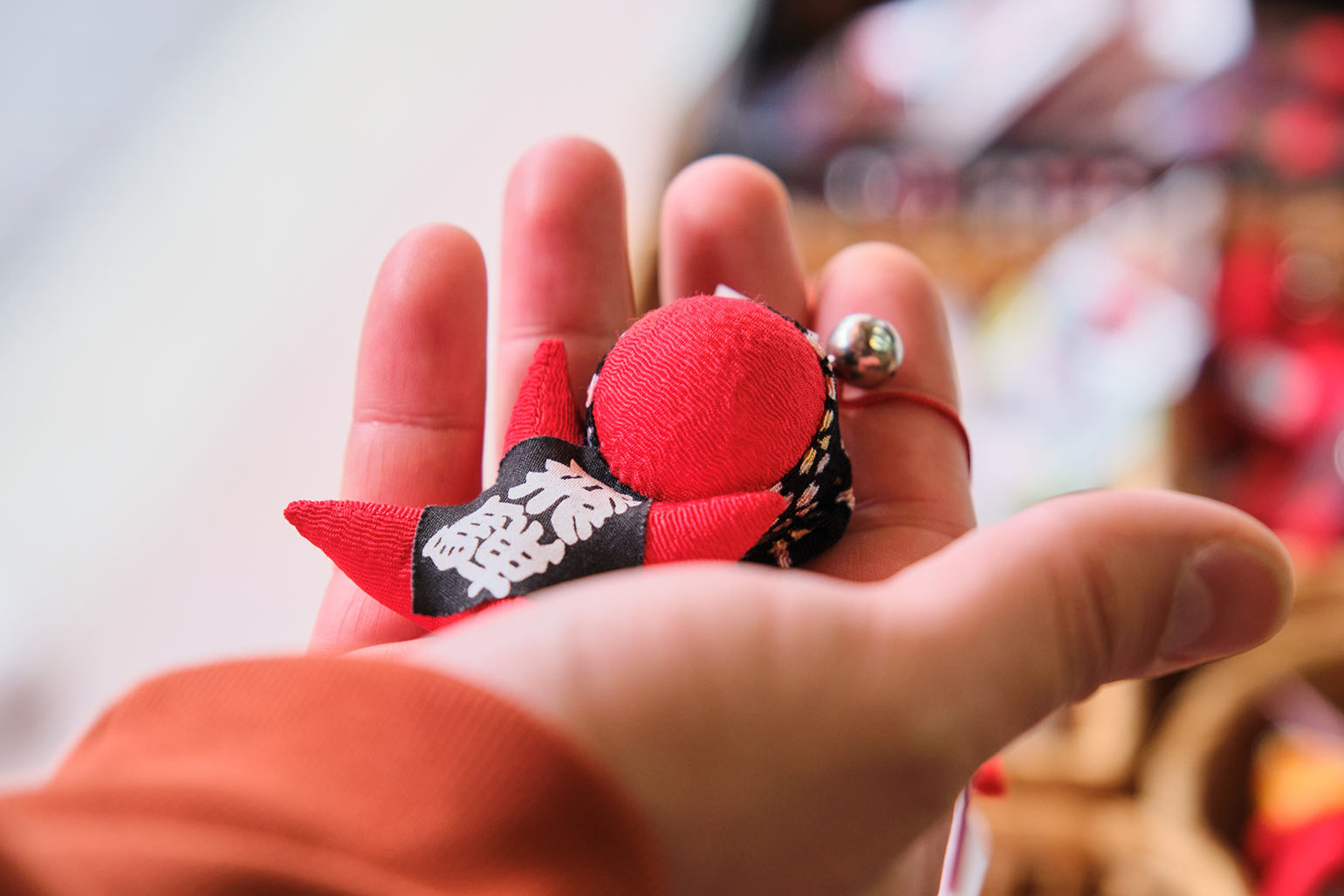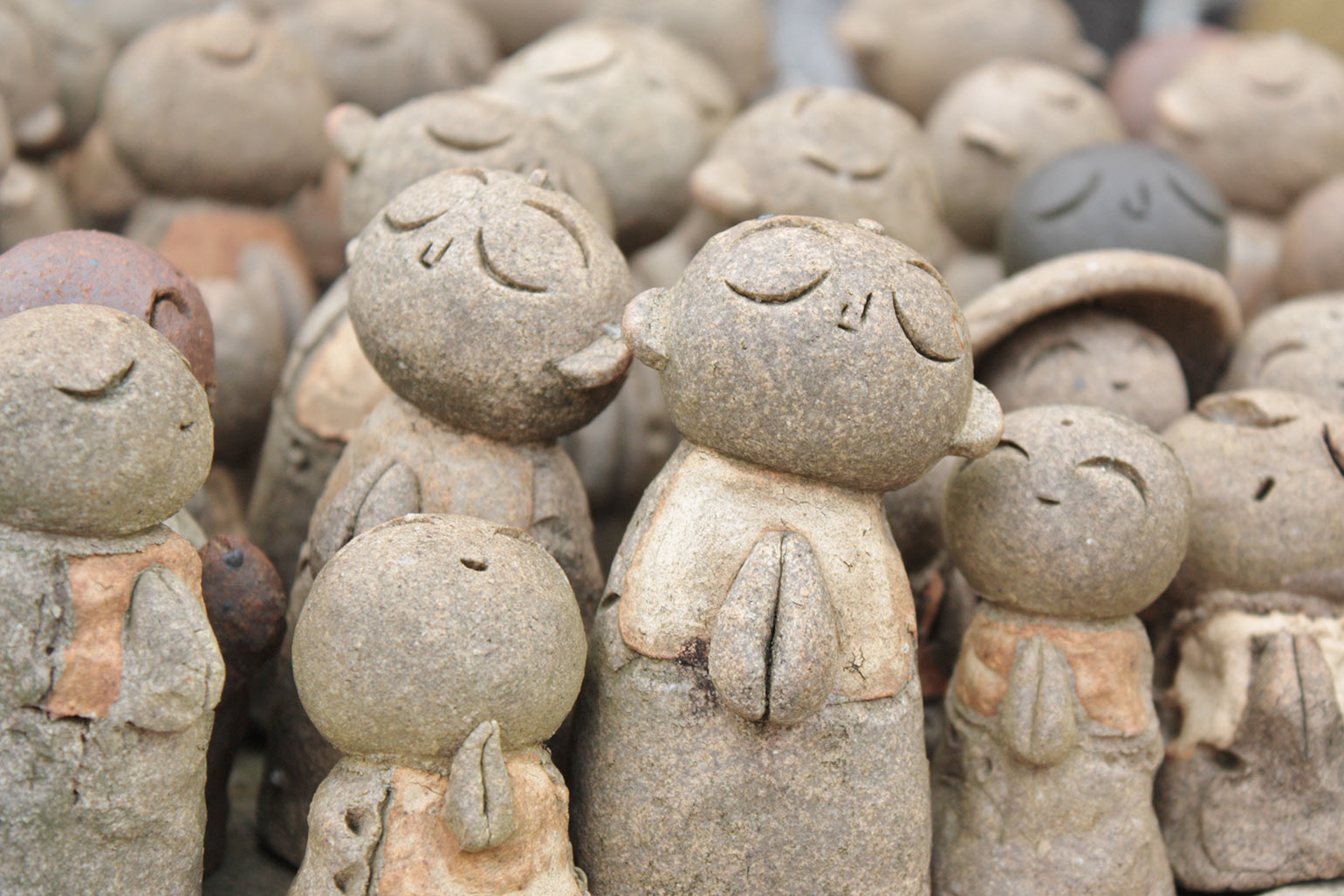Folkcraft Articles

“Folk articles” reflect the customs, traditions, history, and industries of the regions or countries. They’re also called “Traditional crafts”. We’re hoping our visitors from abroad will deepen more their understanding of Japanese culture through that crafts and so on. This is the same exactly when we, the Japanese visit your countries. We should learn some of the history, culture and so on of each country we visit, rather than just going there without any prior knowledge. They are great opportunities for us, we think so. The appeal of travel is each “encounter” we make on our journey. We want to expand our horizons as much as possible to gain a better understanding and meet brand new fun. Of course, we don’t think it’s a good idea to include everything and accept it. It’s natural for people to like and dislike things and have different ideas about things. But isn’t journey really the perfect opportunities to experience different “values” directly? “Folk articles” should be the items to give them us. Wishing you all many wonderful “encounters”.
Japanese Traditional Crafts

In this section, we would like to talk about “Japanese Traditional Crafts”. “Traditional Craft” is… As the name implies, “a craft that is made using techniques or skills that have been traditionally passed down over the years”. Wow…!! Well, we should explain in more detail, right? The following elements are necessary for what is called “Japanese traditional crafts” in Japan.
・Crafts used in our daily lives
・The main parts of the manufacturing process are handcrafted
・Traditional techniques, skills and raw materials are used
・Craft has taken root as an industry in some areas
In Japan, the Minister of Economy, Trade and Industry has designated the typical craftwork products that meet the above criteria as “Japanese Traditional Crafts”. In other words, we’re trying to promote industry and preserve technology and culture at the same time. Looking at the above elements again, you will think that “Traditional Crafts” have the condensed one with the culture of the country or region, right? They are the very essence of “Tradition”. In the modern era, “mass production” and “mass consumption” have become the norm. It will be as a result of economic development in the world as a whole. Food, drink, industrial goods… And nowadays, that would include things like information? After all, the closer products to our daily lives, there will be the greater the demand and the more “mass production/consumption”. They will have a good side and a bad side for us. In thinking about matters bearing the word “Tradition”, we can’t help but think about the gap between “Modern” trends and ideas and “Tradition”. They vary in degree and size, but most of the time they make usually conflict structures… “That is neglecting the way things have always been done…” “That will be the kind of thinking that refutes the conventional ways…” It might seem that everything “modern” is often more or less eroding the nature of “Tradition” as a result. It’s kind of a very negative thinking, isn’t it? Actually, that may be a valid point in many cases. The “modern” trends and ideas are always the result of “Tradition”, right? The process of trial and error over a long period of time finally brings us all things “Modern”. They’re extremely commonplace, but they’re so commonplace that we tend to forget them in our daily lives. We should have a renewed awareness of the values of “Tradition”.

Perhaps it’s normal to summarize in this section like these. But that’s not what we want to share with you in this section. Let’s leave the hard contents for somewhere else for a moment here. Isn’t it really wonderful to be able to enjoy simply what “tradition” has brought to this modern age? That’s what we mean. It will be the great thing about “Traditional Crafts”, and we will be able to learn from them. All kinds of things in the present day will eventually become part of the tradition. At that time, there will be a new “modern” trends, philosophies, and technologies that has developed along with them. We’re truly envious of the people of later times who will be able to see, hear and enjoy those things, don’t you think so? We can only enjoy what has been handed down to us in the present. So, at least, we should enjoy the things that can be touchable at the moment as much as we can!!




